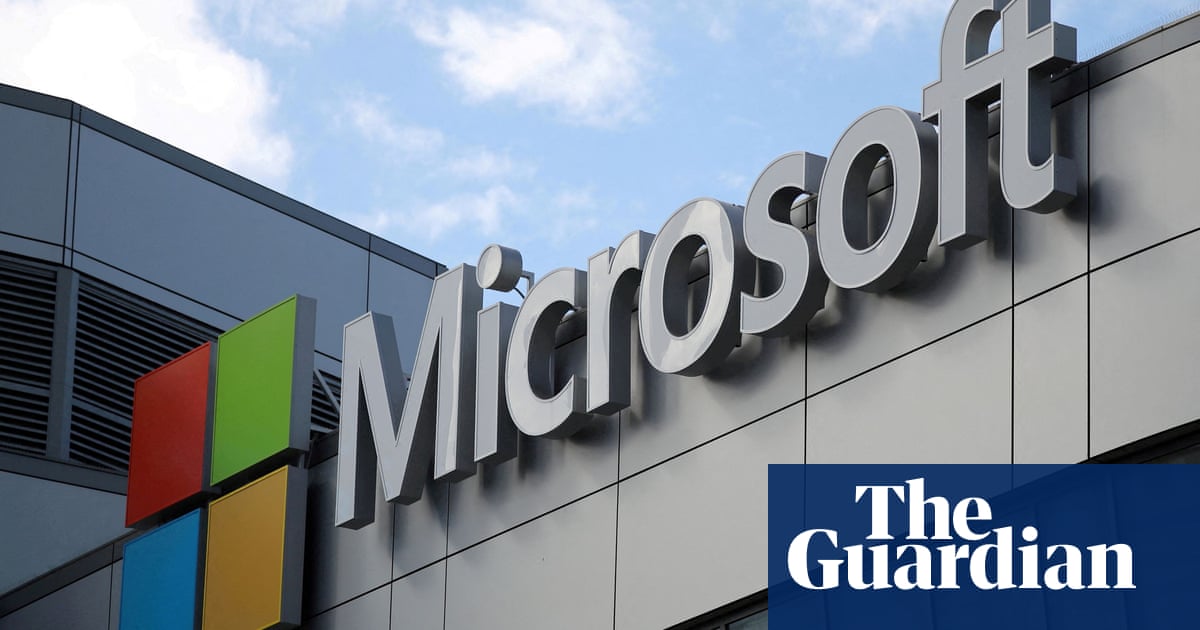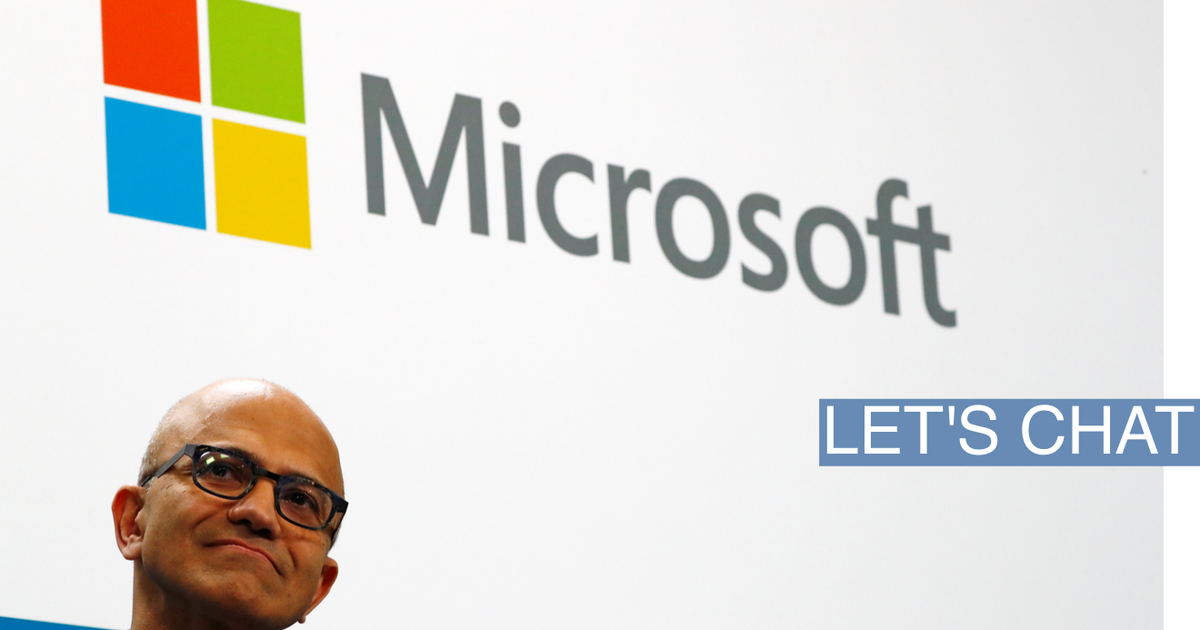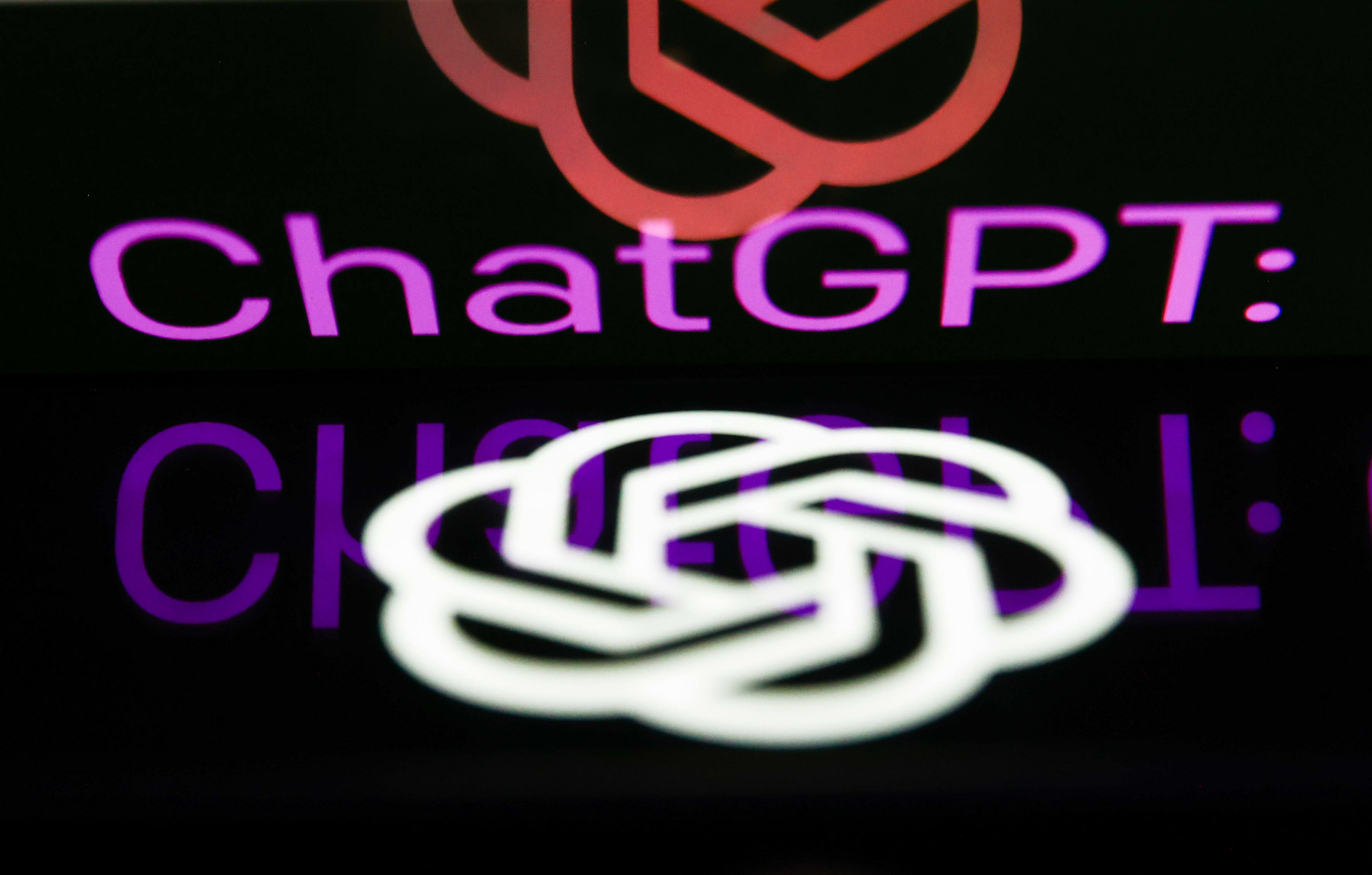Over the past three decades, a handful of products like Netscape’s web browser, Google’s search engine and Apple’s iPhone have truly upended the tech industry and made what came before them look like lumbering dinosaurs.
Three weeks ago, an experimental chat bot called ChatGPT made its case to be the industry’s next big disrupter. It can serve up information in clear, simple sentences, rather than just a list of internet links. It can explain concepts in ways people can easily understand. It can even generate ideas from scratch, including business strategies, Christmas gift suggestions, blog topics and vacation plans.
Although ChatGPT still has plenty of room for improvement, its release led Google’s management to declare a “code red.” For Google, this was akin to pulling the fire alarm. Some fear the company may be approaching a moment that the biggest Silicon Valley outfits dread — the arrival of an enormous technological change that could upend the business.
For more than 20 years, the Google search engine has served as the world’s primary gateway to the internet. But with a new kind of chat bot technology poised to reinvent or even replace traditional search engines, Google could face the first serious threat to its main search business. One Google executive described the efforts as make or break for Google’s future.
ChatGPT was released by an aggressive research lab called OpenAI, and Google is among the many other companies, labs and researchers that have helped build this technology. But experts believe the tech giant could struggle to compete with the newer, smaller companies developing these chat bots, because of the many ways the technology could damage its business.
Google has spent several years working on chat bots and, like other big tech companies, has aggressively pursued artificial intelligence technology. Google has already built a chat bot that could rival ChatGPT. In fact, the technology at the heart of OpenAI’s chat bot was developed by researchers at Google.
Called LaMDA, or Language Model for Dialogue Applications, Google’s chat bot received enormous attention in the summer when a Google engineer, Blake Lemoine, claimed it was sentient. This was not true, but the technology showed how much chat bot technology had improved in recent months.
Google may be reluctant to deploy this new tech as a replacement for online search, however, because it is not suited to delivering digital ads, which accounted for more than 80 percent of the company’s revenue last year.
Sundar Pichai, Google’s chief executive, has emphasized the importance of artificial intelligence to his company.Credit...Max Whittaker for The New York Times
“No company is invincible; all are vulnerable,” said Margaret O’Mara, a professor at the University of Washington who specializes in the history of Silicon Valley. “For companies that have become extraordinarily successful doing one market-defining thing, it is hard to have a second act with something entirely different.”
Because these new chat bots learn their skills by analyzing huge amounts of data posted to the internet, they have a way of blending fiction with fact. They deliver information that can be biased against women and people of color. They can generate toxic language, including hate speech.

A New Chat Bot Is a ‘Code Red’ for Google’s Search Business
A new wave of chat bots like ChatGPT use artificial intelligence that could reinvent or even replace the traditional internet search engine.





 moment, where I couldn't believe what I was seeing. I used it this morning to find references to support my point in a research paper and it took seconds. I asked it a follow-up question for clarity and got an answer within 30 seconds. I didn't have to fumble through webpages and search text to find what I was looking for. I'm amazed by this tech. This afternoon a friend needed help writing a line of code to add to his excel sheet to execute a function so he used the correct terminology and asked a specific question and it generated the line of code he needed. All he had to do was copy and paste into his sheet and voila, it was done.
moment, where I couldn't believe what I was seeing. I used it this morning to find references to support my point in a research paper and it took seconds. I asked it a follow-up question for clarity and got an answer within 30 seconds. I didn't have to fumble through webpages and search text to find what I was looking for. I'm amazed by this tech. This afternoon a friend needed help writing a line of code to add to his excel sheet to execute a function so he used the correct terminology and asked a specific question and it generated the line of code he needed. All he had to do was copy and paste into his sheet and voila, it was done.


